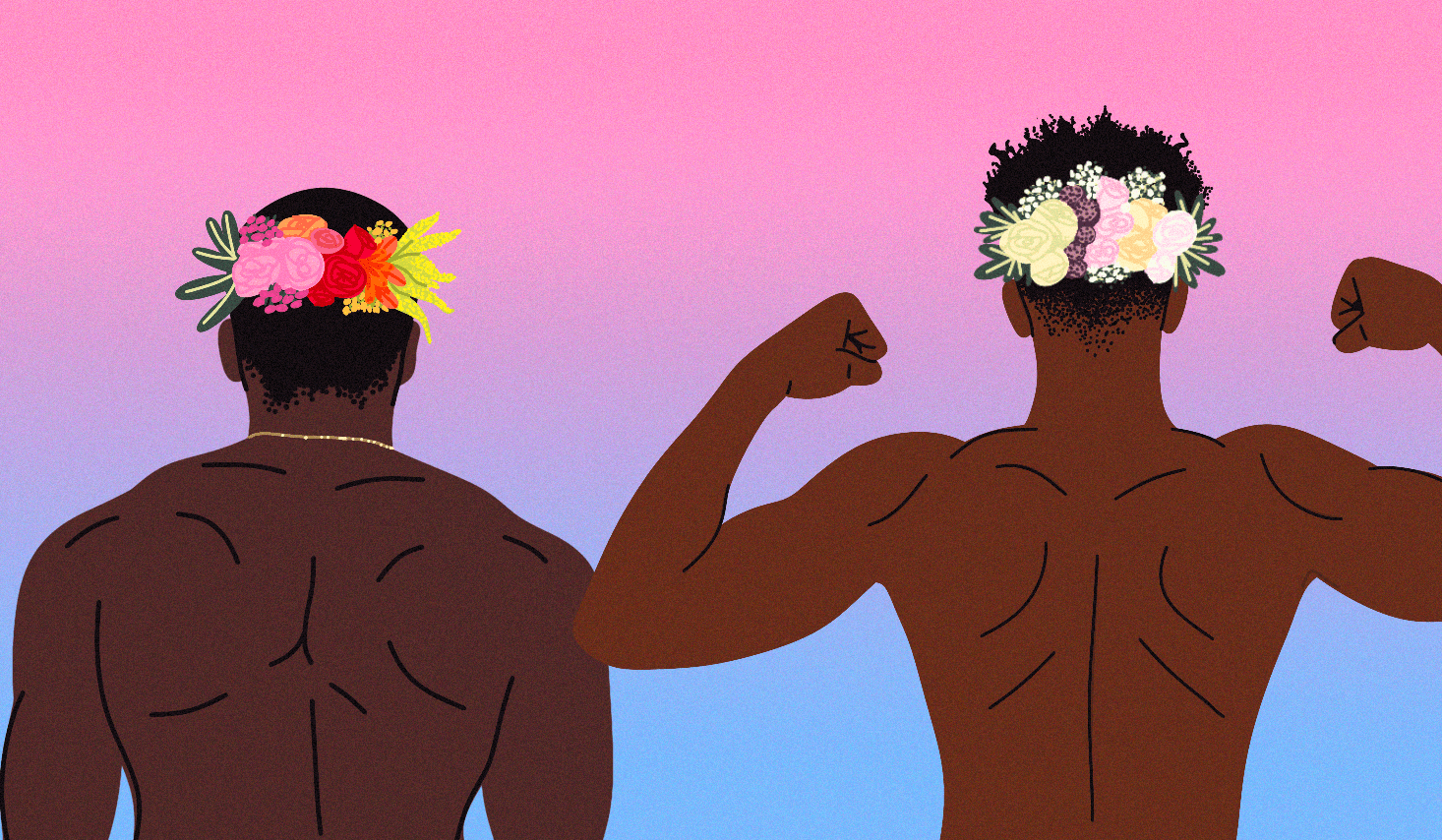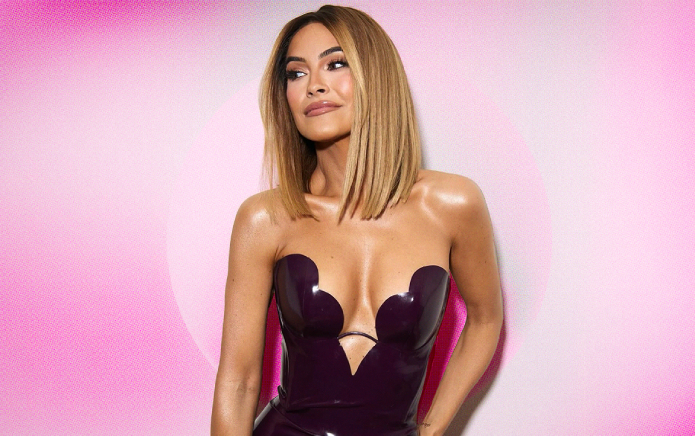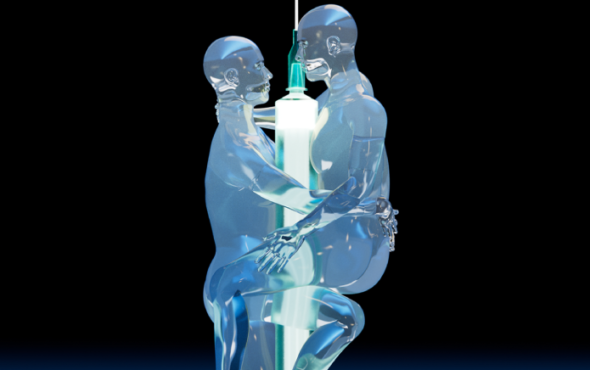
Literature has had the greatest impact on my life. It provided an escape when I needed it most, an outlet to express my innermost thoughts and feelings. I had read a multitude of fantasy novels growing up, and presently I consume an extensive variety of genres — whether it’s for my degree, or for my own personal interests. But there have been many books that have influenced my outlooks on life. When it comes to queer books, one of the books that had the greatest impact on my life and my own identity didn’t come out until I was 20 years old.
During one of the first lockdowns, I was strongly encouraged to start my Booktube channel. However, when thinking back to that time, I realised that I was going through some sort of identity crisis. I was losing faith not only in myself, but also in my future. It was a helpless time; the news was flooded with accounts of police brutality, the pandemic raged on, and the publishing industry continued to fail people of colour in various ways. I began to doubt my own future of being able to work in an industry that I had admired for most of my life and thus, I had arrived at what seemed like an impasse. Later, I would realise that it was by creating content about literature that I could help to provide an escape from my worries, and a way to combat them.
At this moment in time, my next read was ‘All Boys Aren’t Blue’ by George M. Johnson, a memoir-manifesto depicting Johnson’s upbringing as a queer Black person in America through various personal essays. Thinking back, there were a variety of complex thoughts and feelings I experienced through my reading of this book. One of the main things I took was the necessity to be an activist for myself, and the values I believe in.
Throughout the book, we are shown the importance of standing up for ourselves as Johnson notes, “the first person you are ever an activist for is yourself,” and it was with this mindset that I realised I needed to fight and believe in myself, both in my daily life and in my future in the industry. Being a queer Black person, especially when you start to consider the intersectionality of these identities, comes with a unique multitude of challenges. However, it was in this intersectionality that I found my sources of strength, wisdom, and courage to do whatever I put my mind to, as it was time to experiment with new ideas and ventures. I became comfortable with the uncertainty of my future, and chose to live in the present with a renewed sense of faith in myself.
‘All Boys Aren’t Blue’ not only reminded me of my strength and resilience as a queer Black person, but it also helped begin my journey towards discovering I was non-binary. The notion had existed in my mind since high school, inhabited by the uncomfortable feeling of being called a man amongst other lingering thoughts associated with my gender. Johnson notes during the book that “you sometimes don’t know you exist until you realise someone like you existed before,” and it was exactly how I felt witnessing Johnson’s story. I was reading the memories shared by a non-binary queer Black person, the good and the bad. There were so many things that I resonated with, through my own experiences growing up and the current struggles I was having. But it was when I eventually started to question my gender identity, that I would return to this book as a source of knowing that this part of me existed.
It was also through this that I was asked to do my very first author interview with George M. Johnson, to celebrate the UK release of this book. It was a profound moment for me, an exciting opportunity where I was able to discuss the experiences of writing and activism with Johnson, along with any advice they would give to young Black queer teens. It’s a conversation that has stuck with me, and one that I return to every so often. It became a reflection of taking the advice from someone who has experienced in their past, what I was experiencing in my present. It was here that I found an added source of strength, a belief that I would come out of the other side of my identity crisis as a more powerful and resolute person. And I did.
This book means so much to me, as it was the book I needed to read during this challenging stage of my life. As I aforementioned, there have been so many other books that made a profound impact on me. Books that would contain characters that I found myself represented in, and books written by authors who shared and understood my experiences. The need to have books out there for people to find themselves in became increasingly important to me, for people to experience the sense of validation and encouragement that I experienced — or to even realise themselves that they exist and can bring something unique to this world through their own lived experiences. I carry the hope that people can find the value they hold, and the pride in themselves.
Five Queer Book Recommendations
The Final Strife by Saara El-Arifi
Me, My Dad and the End of the Rainbow by Benjamin Dean
Here and Queer: A Queer Girl’s Guide to Life by Rowan Ellis
The Space Between Worlds by Micaiah Johnson
Cemetery Boys by Aiden Thomas
Joel is one of three panellists taking part in the Penguin Pride 2022 Penguin Live Event. It will take place at Above The Stag, Vauxhall, 22nd July 2022.
Joel will be joined by fellow panellists Liam Konemann and Prishita Maheshwari-Aplin to talk about the LGBTQ+ inclusive books that changed their lives, leading the audience through personal and uplifting stories of self-discovery and the unique power of reading.
Tickets are now sold out but you can watch the live stream of the event here.



